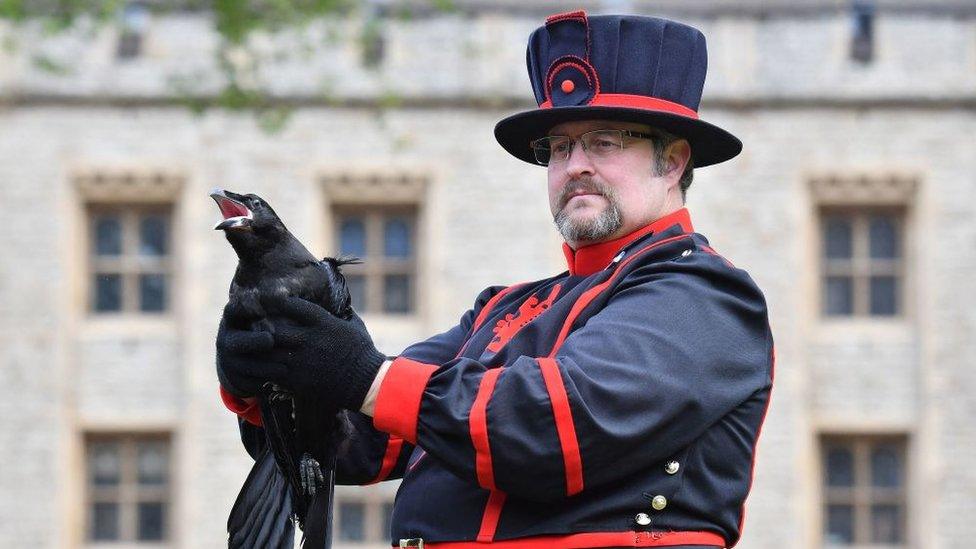'Don't kill our protected ravens', rescue pleads
Listen on Sounds: Herefordshire Wildlife Rescue has recently received several birds with pellet wounds.
- Published
An animal rescue group is pleading for people not to shoot ravens, after a raven with a pellet lodged in its skull died hours after arriving at the rescue.
Herefordshire Wildlife Rescue has recently received several birds with pellet wounds, and all had died from their injuries.
Dr Sasha Norris, who runs the rescue, said that when she sees ravens who have been shot, she finds it "completely devastating" and goes into a "short depression for several days, sometimes weeks".
"These are very rare birds, there are 7,000 pairs in the whole of the UK. People don't realise how rare they are," she said.
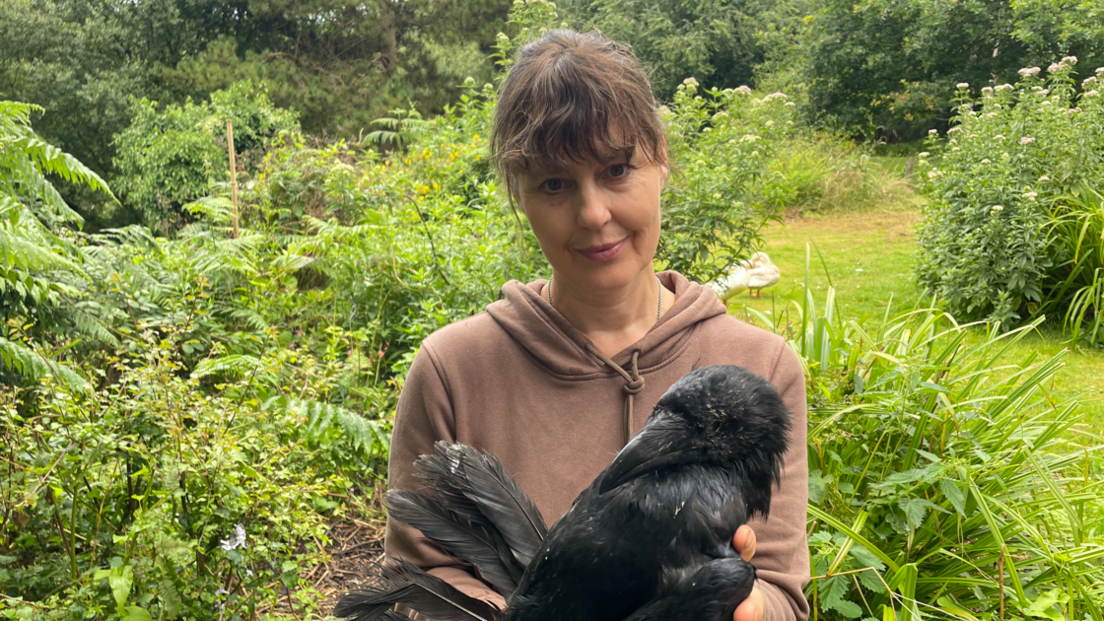
Dr Sasha Norris said she finds it "completely devastating" when ravens are shot
The loss is particularly personal for Dr Norris, as her rescue has an aviary which was specifically built for ravens, where two of the rare birds live.
Dr Norris freezes birds which have died so they can be sent to universities, who will investigate the cause of death.
"This raven came in, he or she was absolutely in the prime of life, with a really good body condition," she said.
"They are as intelligent as primates. They get married and stay married for life, so its partner will be out there somewhere, they probably would have been getting ready to make a nest and rear chicks."
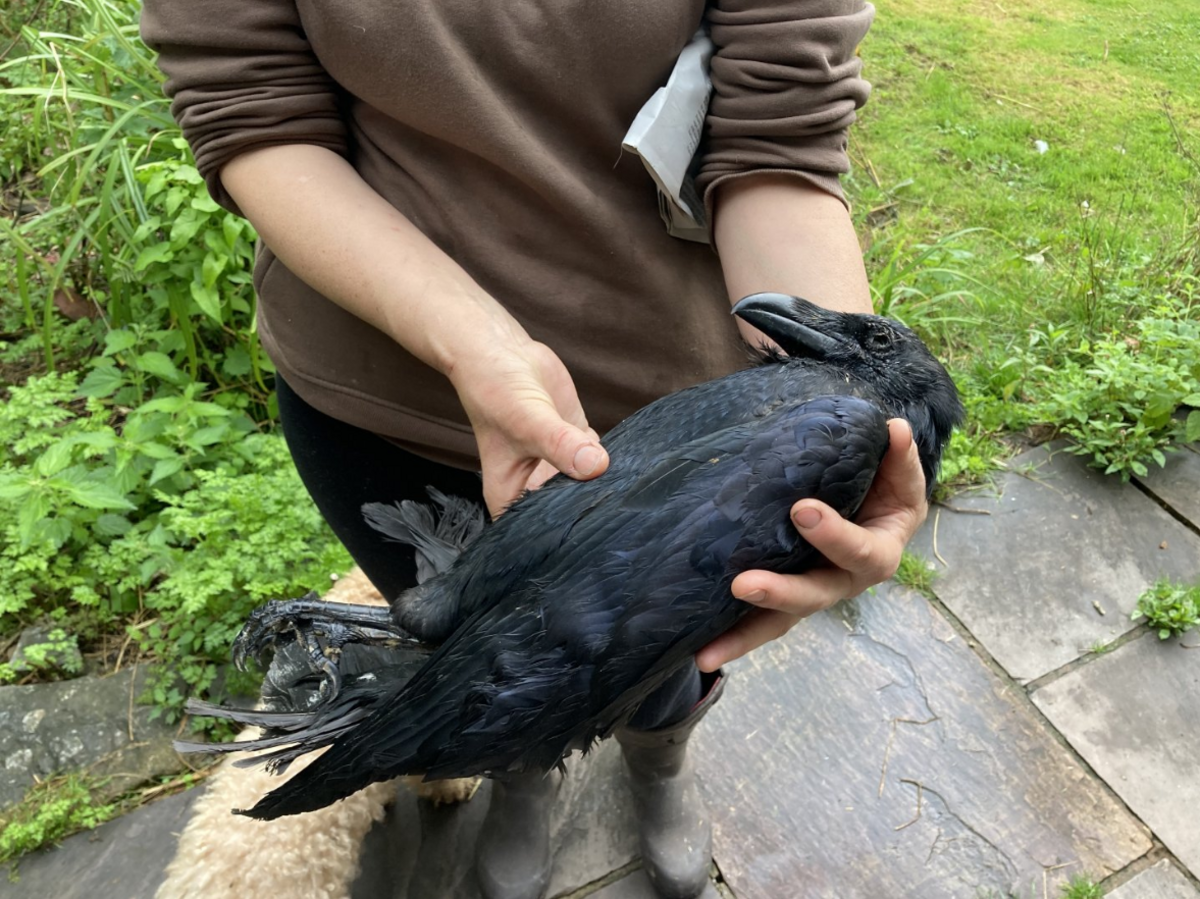
This raven died a few hours after arriving at Herefordshire Wildlife Rescue
An X-ray showed a lead pellet was lodged in the back of the raven's skull, which Dr Norris said would have caused all kinds of neurological damage, prevented it from flying and finding food.
Ravens, like birds of prey, are a protected species in the UK and it is illegal to shoot them.
Dr Norris said: "We do report everything to the police, to try and make a difference.
"But to be honest not a lot happens, it's very difficult to prove.
"People are out shooting these animals, illegally. In the middle of the countryside people don't generally see [the shooters].
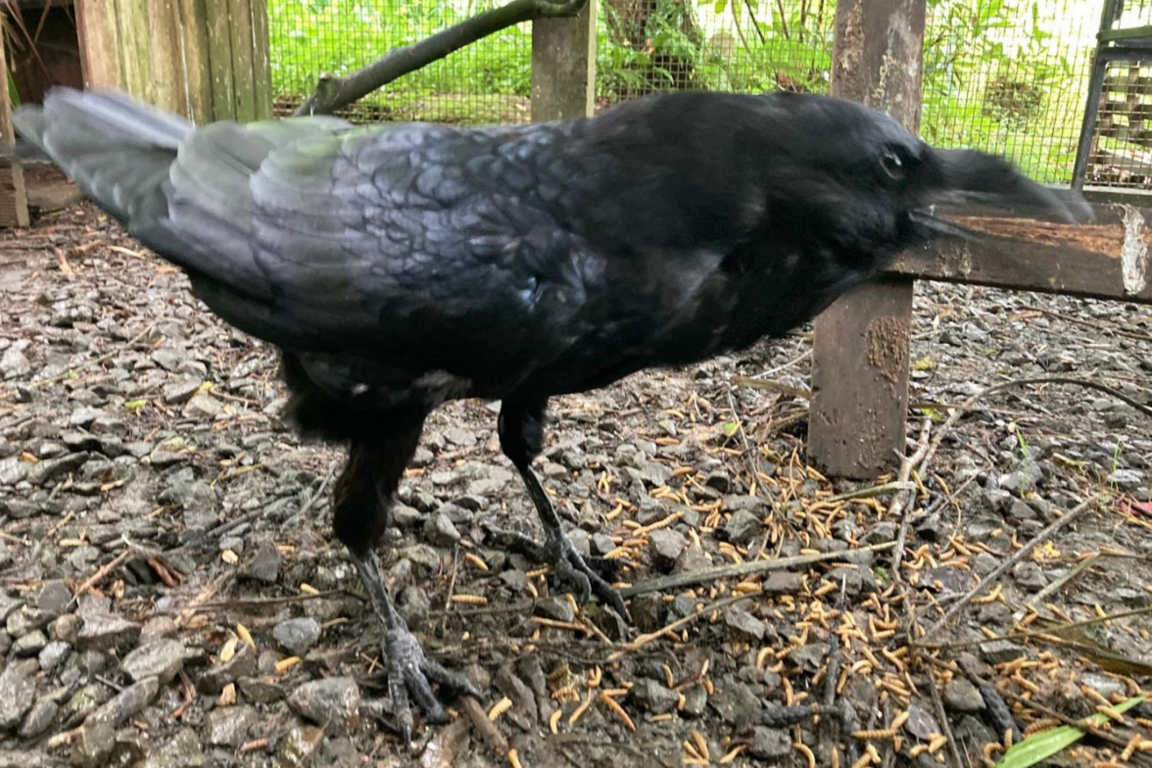
"Ravens are as intelligent as primates" and "get married and stay married for life," Dr Norris said
Follow BBC Hereford & Worcester on Facebook, external, X, external and Instagram, external. Send your story ideas to: newsonline.westmidlands@bbc.co.uk, external
Related topics
- Published30 May 2024
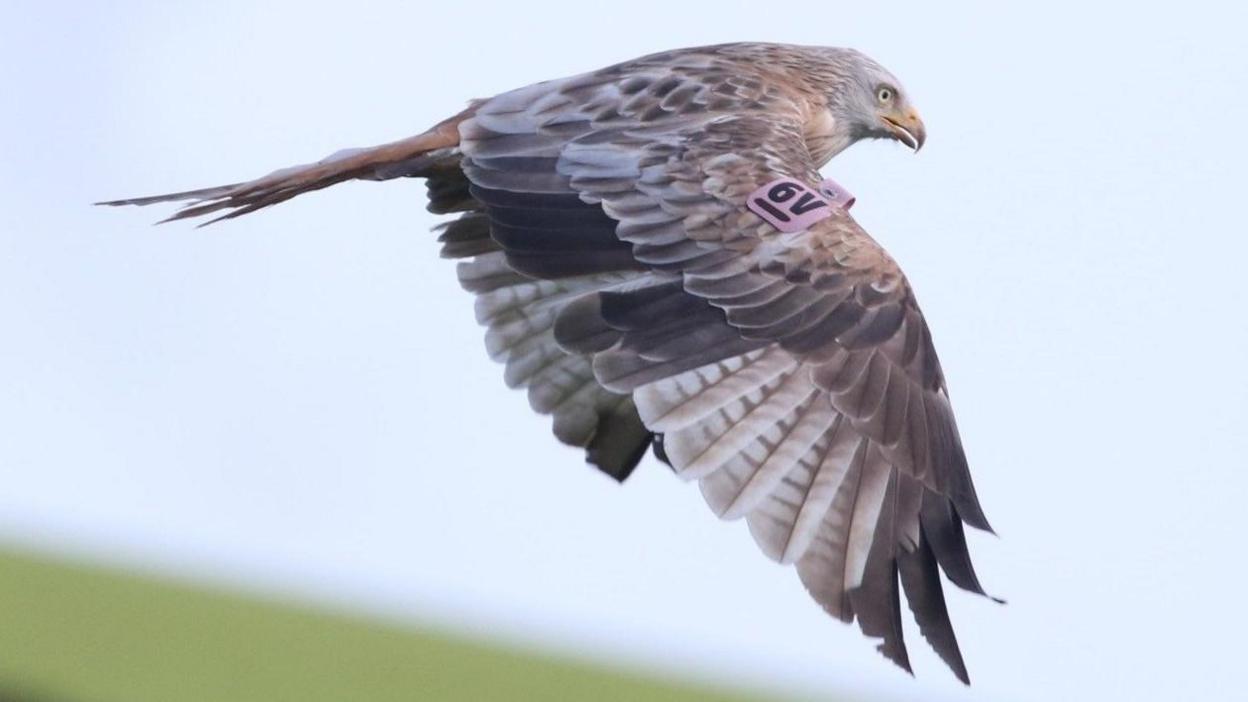
- Published3 May 2024
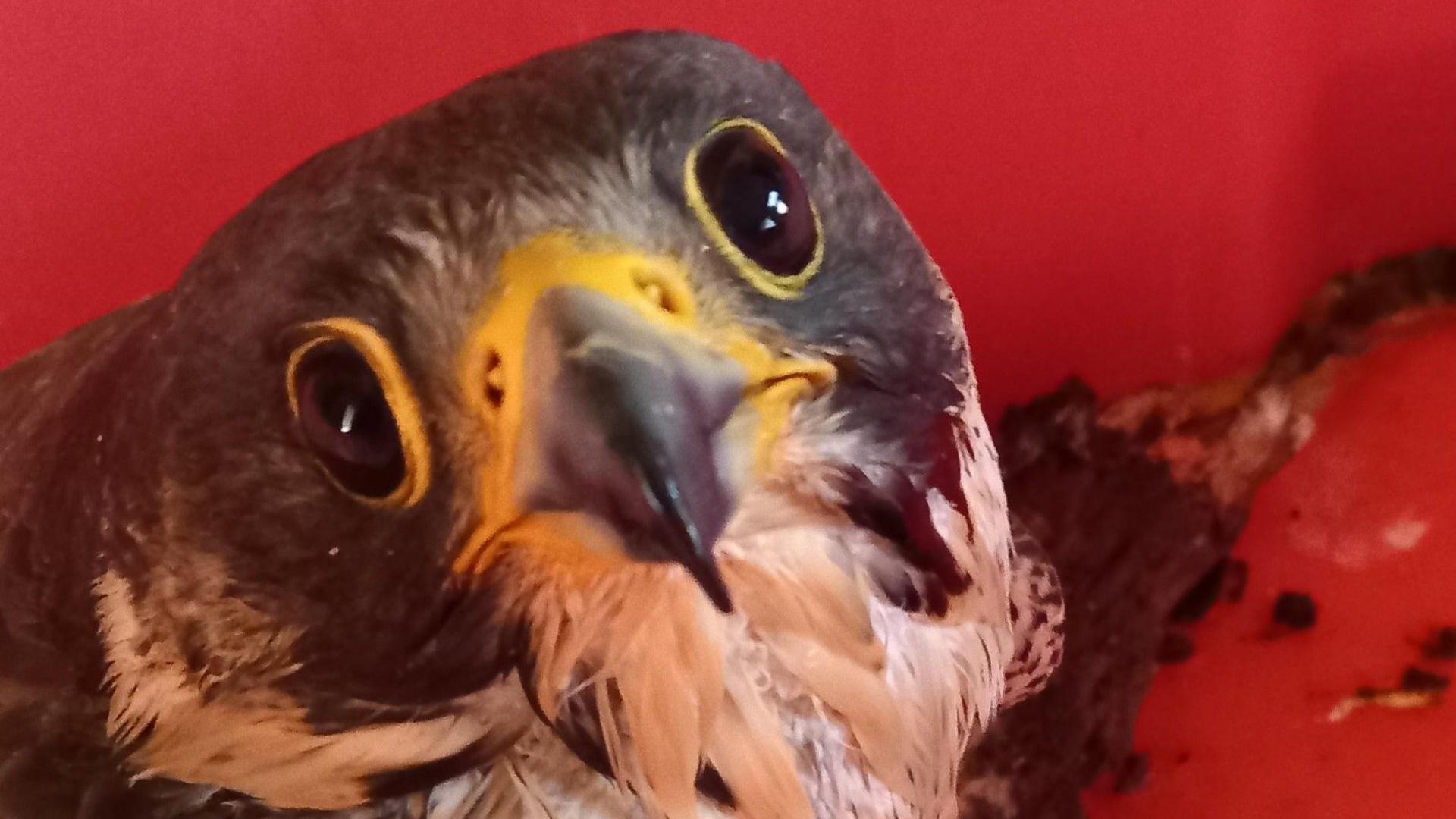
- Published8 April 2024
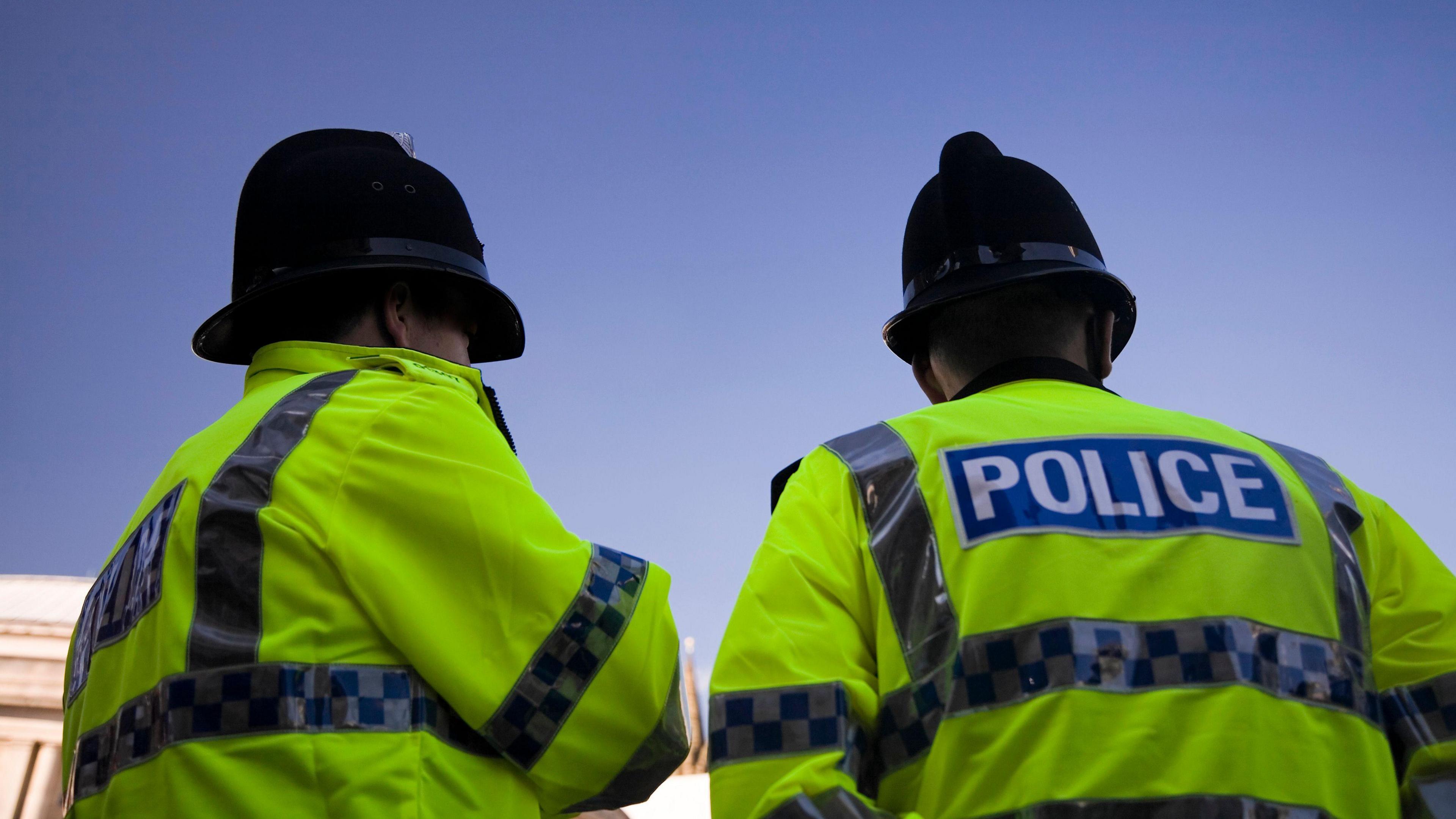
- Published19 February 2024
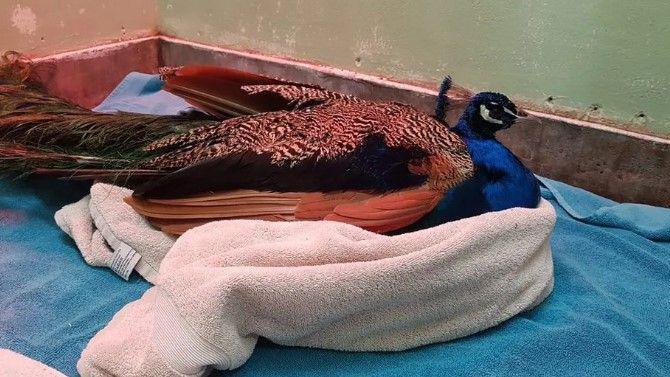
- Published4 January 2024
